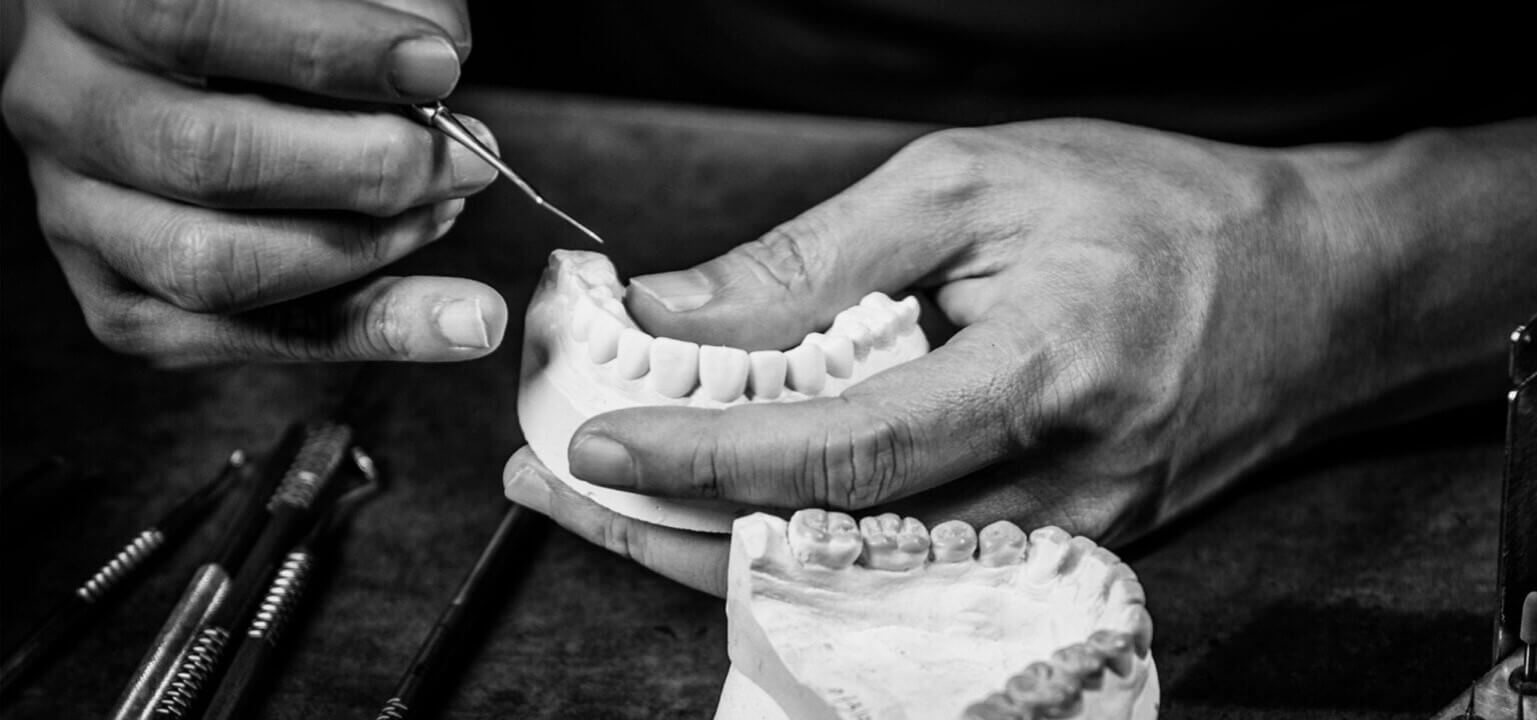

Losing a tooth can be a distressing experience, affecting not only your smile but also your ability to chew and speak properly. Fortunately, modern dentistry has a revolutionary treatment to offer called ‘Dental Implants’. The treatment installs a titanium post into your jawbone, which hosts a crown that looks and functions like your natural tooth. Through this blog, we aim to share with you a detailed overview of dental implants and what factors to consider for best results.
Overall Procedure and Why They Are Recommended
A dental implant procedure replaces a missing tooth root with an artificial one that is inserted into the jawbone. The implant consists of the titanium post, abutment, and the crown. The abutment is a connector that connects the implant and the artificial tooth. It is recommended because it offers many benefits, especially when compared to bridges and dentures.
- Durability: Dental implants are incredibly durable and can last 15-20 years with proper care.
- Natural look & feel: Implants offer a natural look and feel, thereby allowing you to eat, speak, and smile with confidence.
- Preservation of jawbone: Implants stimulate the jawbone, preventing bone loss and maintaining facial structure.
- Improved oral health: Implants don't require alteration of adjacent teeth like bridges and preserve your natural tooth structure.
- No food restrictions: Implants restore full chewing function, allowing you to enjoy your favorite foods.
The Intricacy of the Treatment
Dental implant treatment is a complex procedure that requires specialized skills, advanced technology, and meticulous planning. Here’s a glimpse into the process:
- Comprehensive Evaluation: Your dentist will thoroughly assess your oral health, including your jawbone density and overall health, to determine your suitability for implants.
- 3D Imaging and Planning: Advanced imaging techniques, such as cone beam computed tomography (CBCT), provide detailed 3D images of your jawbone, allowing for precise implant placement planning.
- Surgical Placement: The implant is surgically placed into the jawbone, and a healing period is required for osseointegration to occur.
- Restoration: Once the implant has fused with the bone, a custom-made crown, bridge, or denture is attached to the implant, completing the restoration.
Technology and Equipment in Implant Dentistry
Modern implant dentistry relies on cutting-edge technology and specialized equipment to ensure optimal results:
- Digital Impression Systems: These systems create highly accurate digital impressions of your teeth and gums, eliminating the need for traditional impressions.
- Computer-Guided Surgery: This technology allows for precise implant placement, minimizing invasiveness and improving accuracy.
- Advanced Implant Materials: Implants are made from biocompatible materials like titanium and zirconia, ensuring successful integration with the jawbone.
Does a Higher Price Tag Guarantee Better Implant Results?
We are conditioned to think that a more expensive clinic means superior implant outcomes; the reality, however, depends on various factors, including:
- Experience and Expertise of the Dentist
- Quality of Materials
- Technology and Equipment
- Comprehensive Treatment Planning
- Patient Care and Follow-Up
Implant failure isn’t an uncommon scenario. Therefore, it is important to check if the implant specialist or clinic has specialized training and experience in implant dentistry. Additionally, keep in mind to:
- Read patient reviews and testimonials
- Inquire about technology and materials
- Avoid focusing solely on the price
All Blog
- Does a More Expensive Clinic Guarantee Better Dental Implant Results?
- The Psychological Benefits of Full Mouth Rehabilitation: Beyond the Price Tag
- How do I choose the best restoration option for me?
- Top 10 Tips for a Smooth Recovery After Wisdom Tooth Removal Surgery
- Clear Aligners vs. Metal Braces: Which One is Right for Your Smile?
- Understanding Pain After Root Canal: What You Should Know and When to Get Help
- The Cost of Digital Smile Design: Is It Worth the Investment?



